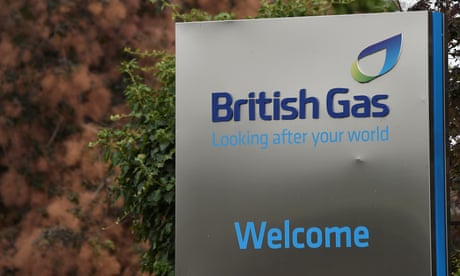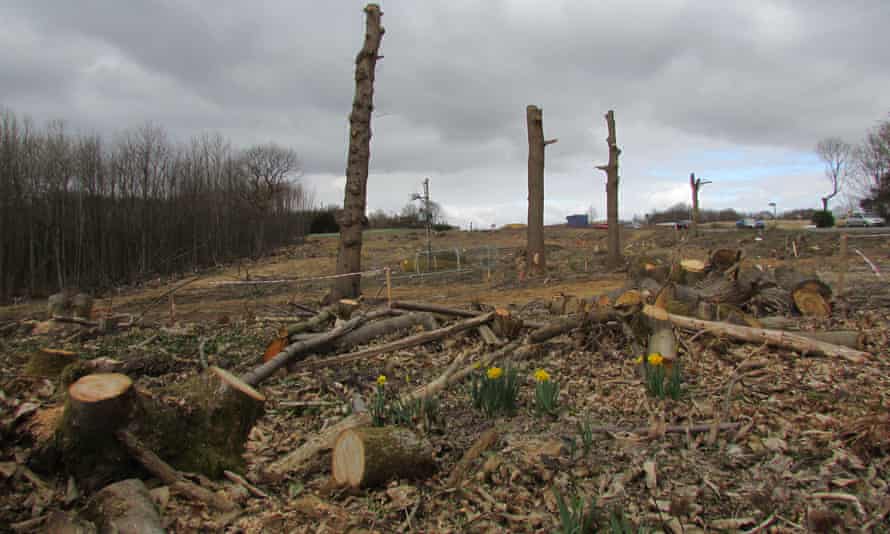Hundreds of British Gas engineers to lose jobs in ‘fire and rehire’ scheme
Workers have refused to sign up to tougher employment terms imposed by UK’s biggest energy company

Hundreds of British Gas engineers will lose their jobs by midday on Wednesday after refusing to sign up to tougher employment terms imposed by the company’s controversial “fire and rehire” scheme.
On 1 April Britain’s biggest energy supplier handed dismissal notices to close to 1,000 of its engineers, who install and repair boilers and heating systems for the company’snine million service customers.
The engineers were granted a grace period of two weeks in which to change their minds and sign up to contracts that call for longer hours together with shifts over weekends and bank holidays – or lose their jobs.
In the last two weeks hundreds of engineers are understood to have signed up to the contracts, leaving 500 having refused to sign by the end of Tuesday. The company expects a final wave of 11th-hour contract signings on Wednesday morning, to leave between 300 and 400 engineers without a job.
The end of the grace period is expected to draw a line on the bitter nine-month battle between British Gas executives and trade union representatives at GMB, which has accused the supplier of “bullying” its employees.
The fire and rehire scheme is legal, but it has provoked fury among employees and the GMB. British Gas set out the plans last summer as part of a formal consultation process with trade unions to streamline its employment contracts and increase productivity to help rescue the business from the risk of financial ruin.
Under the new contracts, full-time engineers would be required to work an extra three hours a week, or 40 hours a week in total, and would not be paid a higher rate to work when required on weekends and public holidays.
The terms were accepted by most trade unions, and employees, but the GMB has staged more than 40 days of strike action in recent months in protest against the “mass sacking” of its members.
Andy Prendergast, GMB acting national secretary, said that although many of its 8,000 engineers have agreed to the new terms “under duress”, the company’s “appalling” treatment of its staff had damaged morale across the workforce.
British Gas said the company was changing the way it worked “to give our customers the service they want and protect the future of our company and 20,000 UK jobs”.
The owner of British Gas, Centrica, has lost more than three-quarters of its market value in the last five years and the supplier reported its weakest earnings on record earlier this year.
“While change is difficult, reversing our decline, – which has seen us lose over three million customers, cut over 15,000 jobs and seen profits halved over the last 10 years –is necessary,” the spokesman said.
























